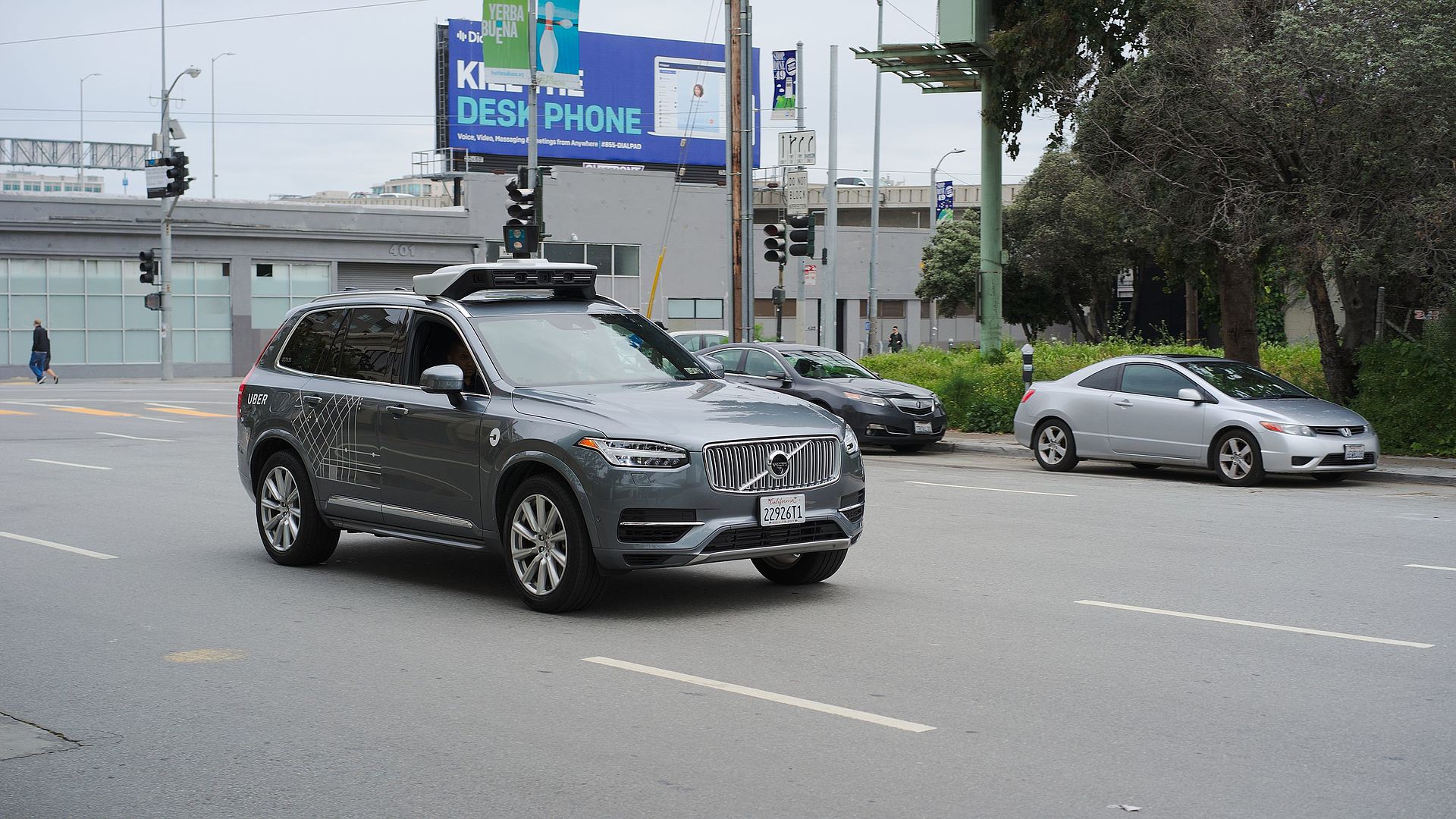
EXPERT REACTION: Self-driving car kills pedestrian in Tempe, Arizona
It has just been reported that a self-driving car owned by Uber has killed a female pedestrian in Tempe, Arizona, USA. This is thought to the be the first known death of a pedestrian struck by an autonomous vehicle on a public road. In response, Uber has suspended its autonomous vehicle program across the US and Canada. Below, Australian experts comment.
Organisation/s: Curtin University, Queensland University of Technology (QUT), Data61, Edith Cowan University, Swinburne University of Technology
News for:
Australia
NSW
VIC
QLD
WA
Media contact details for this story are only visible to registered journalists.


Expert Reaction
These comments have been collated by the Science Media Centre to provide a variety of expert perspectives on this issue. Feel free to use these quotes in your stories. Views expressed are the personal opinions of the experts named. They do not represent the views of the SMC or any other organisation unless specifically stated.
Professor Simone Pettigrew is from the School of Psychology at Curtin University
Professor Matthew Rimmer is Professor of Intellectual Property and Innovation Law at Queensland University of Technology